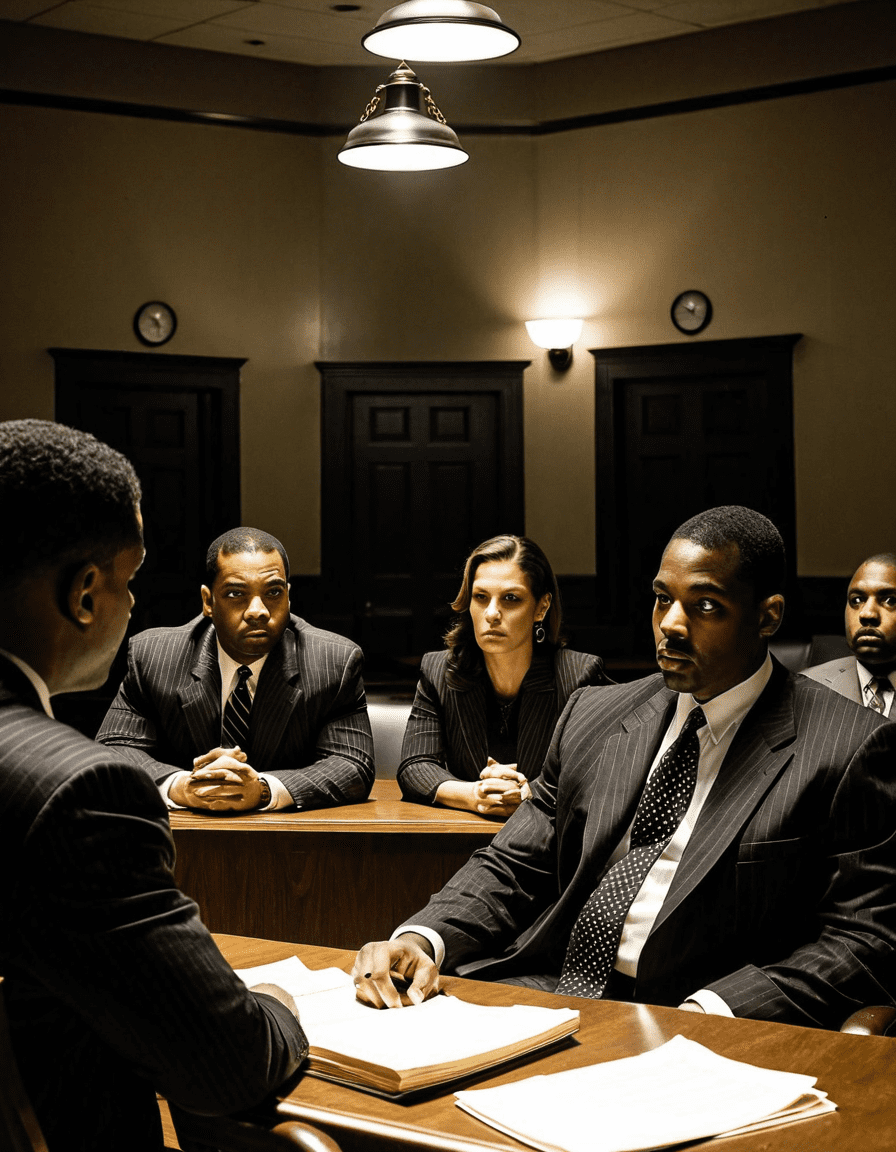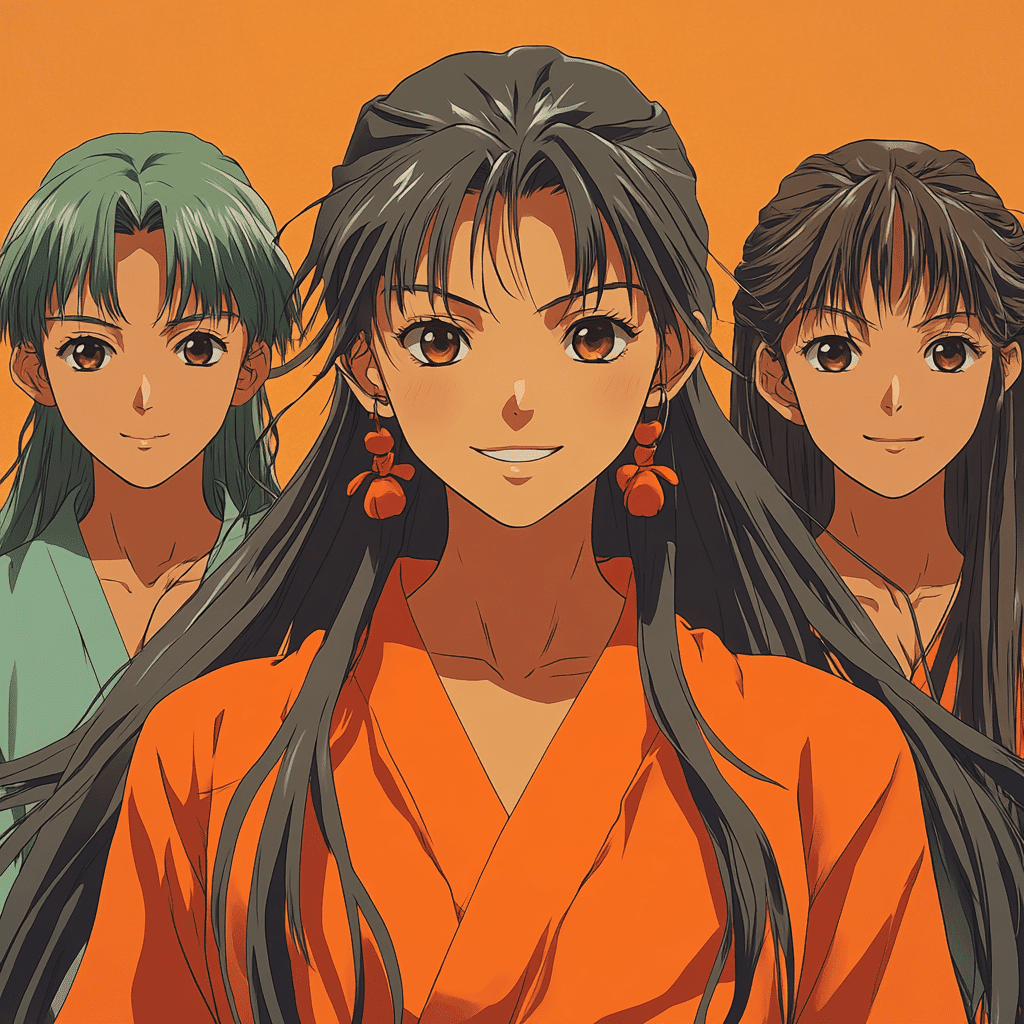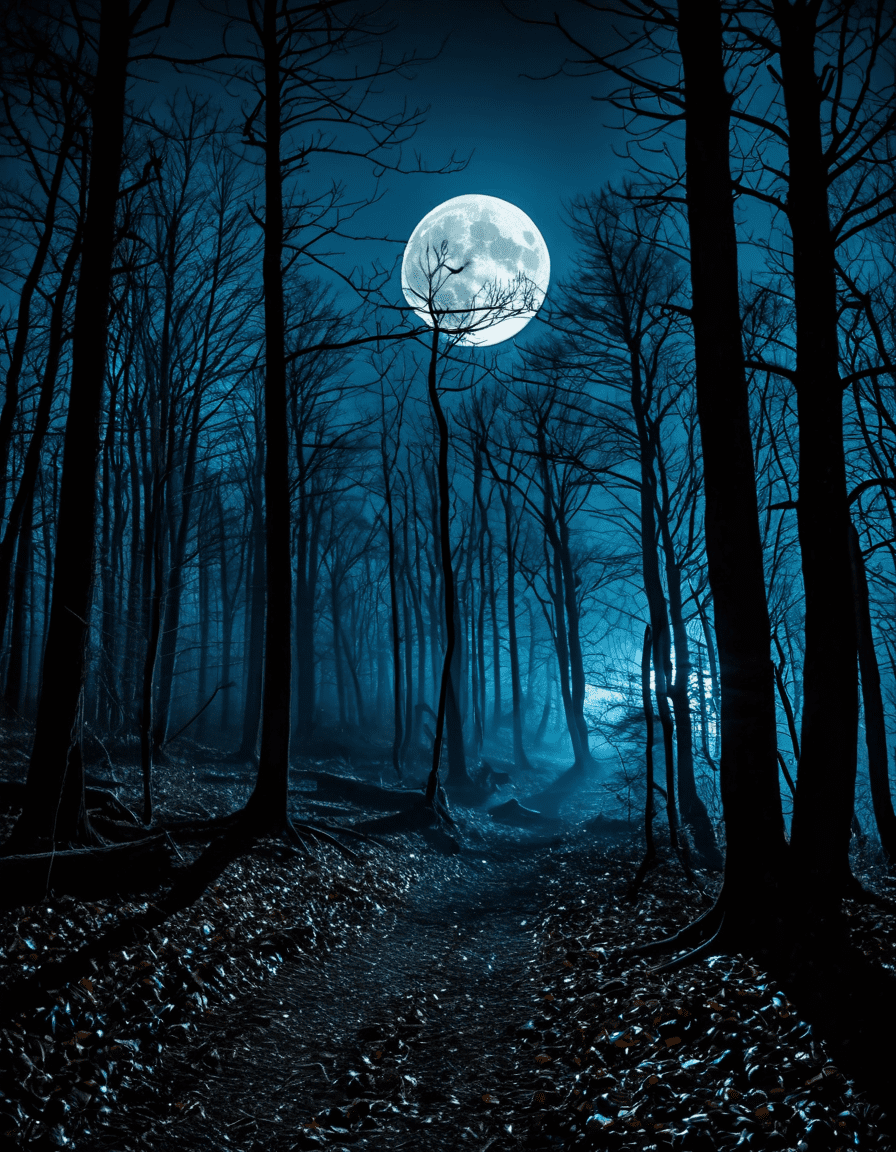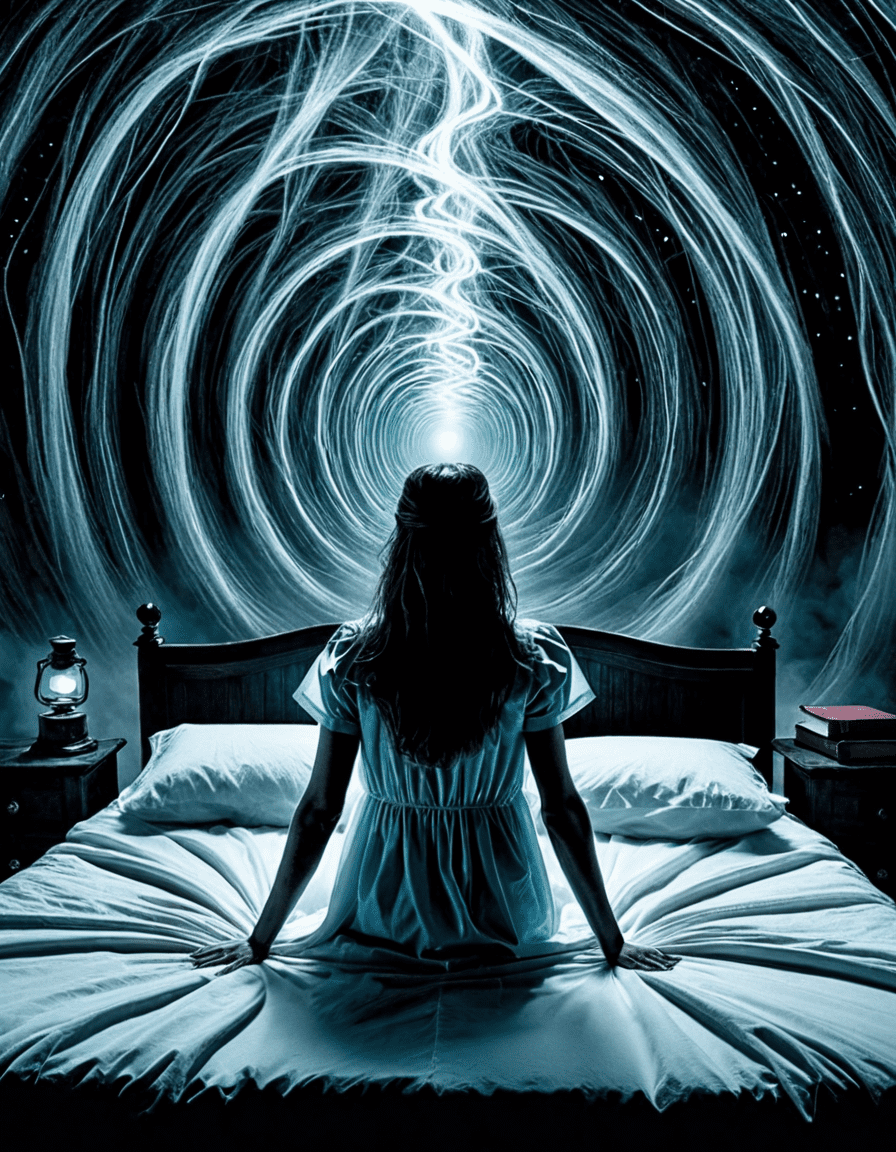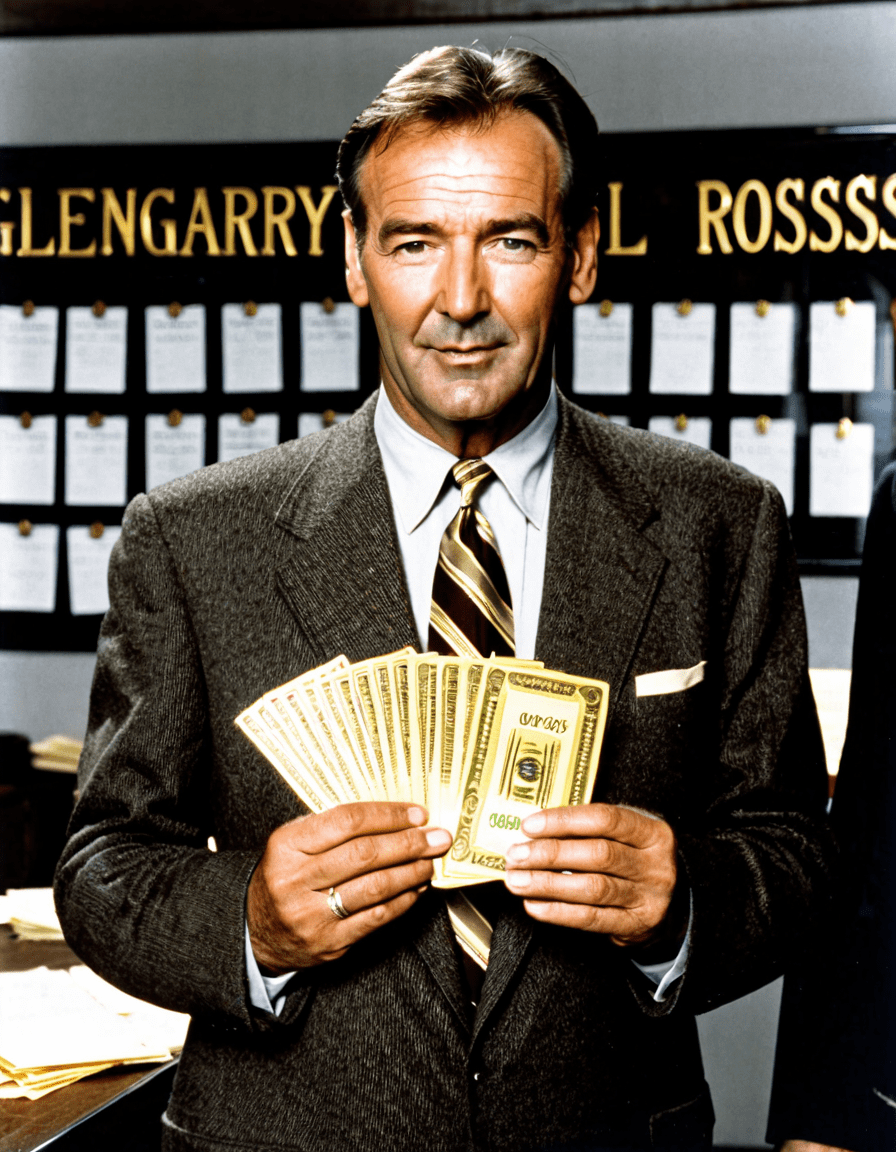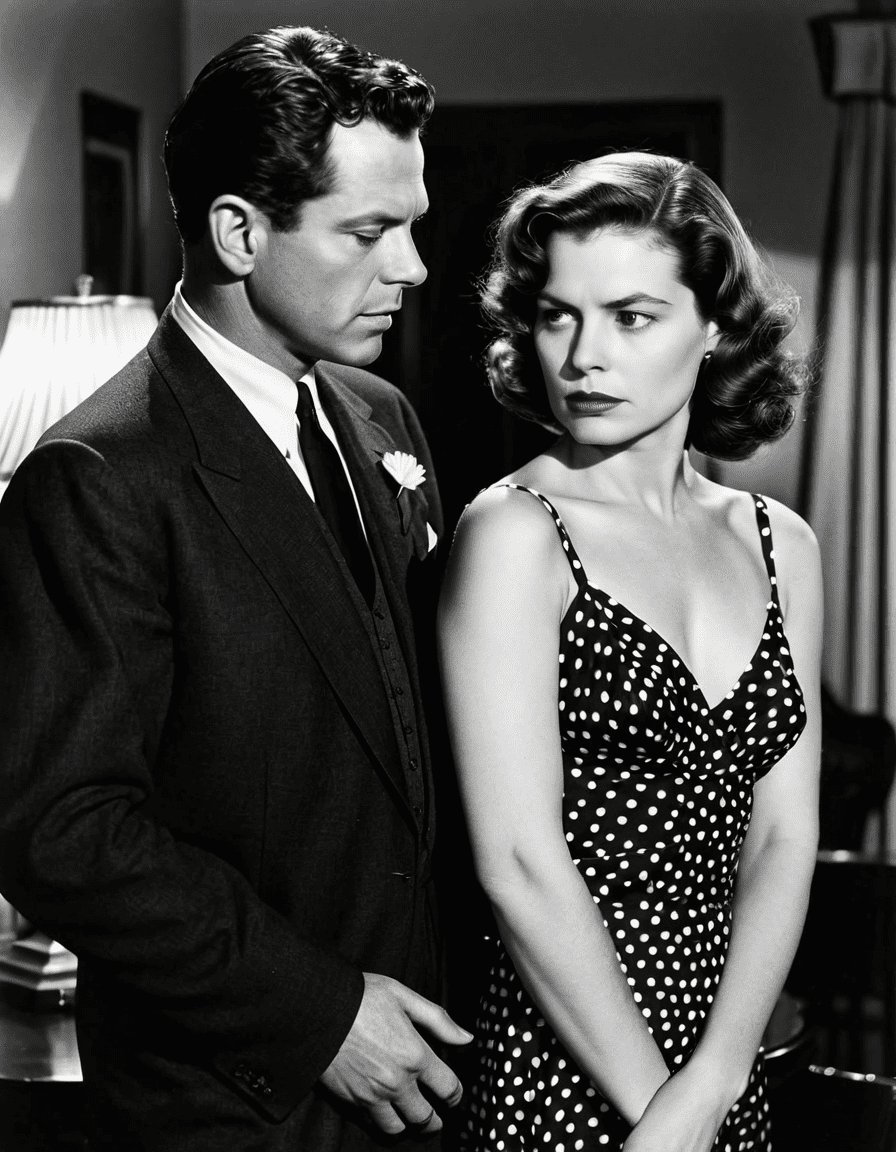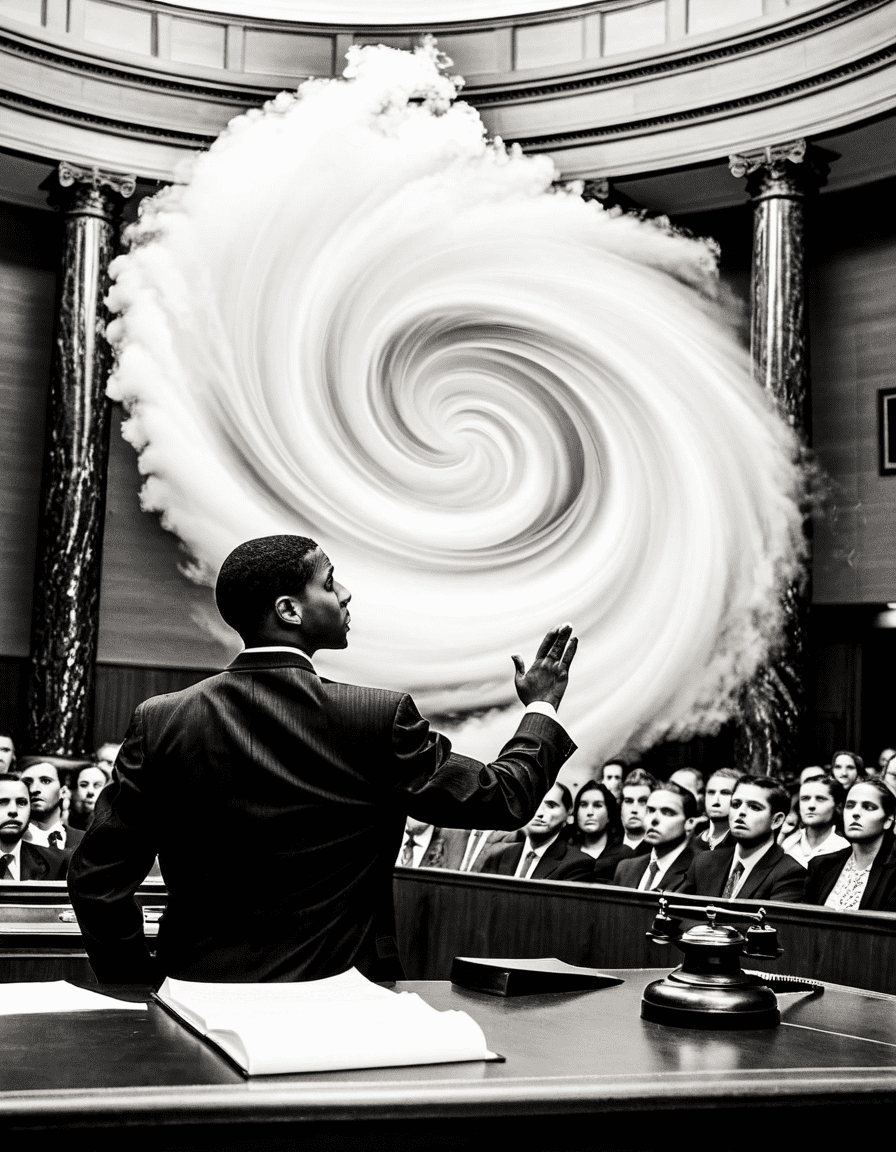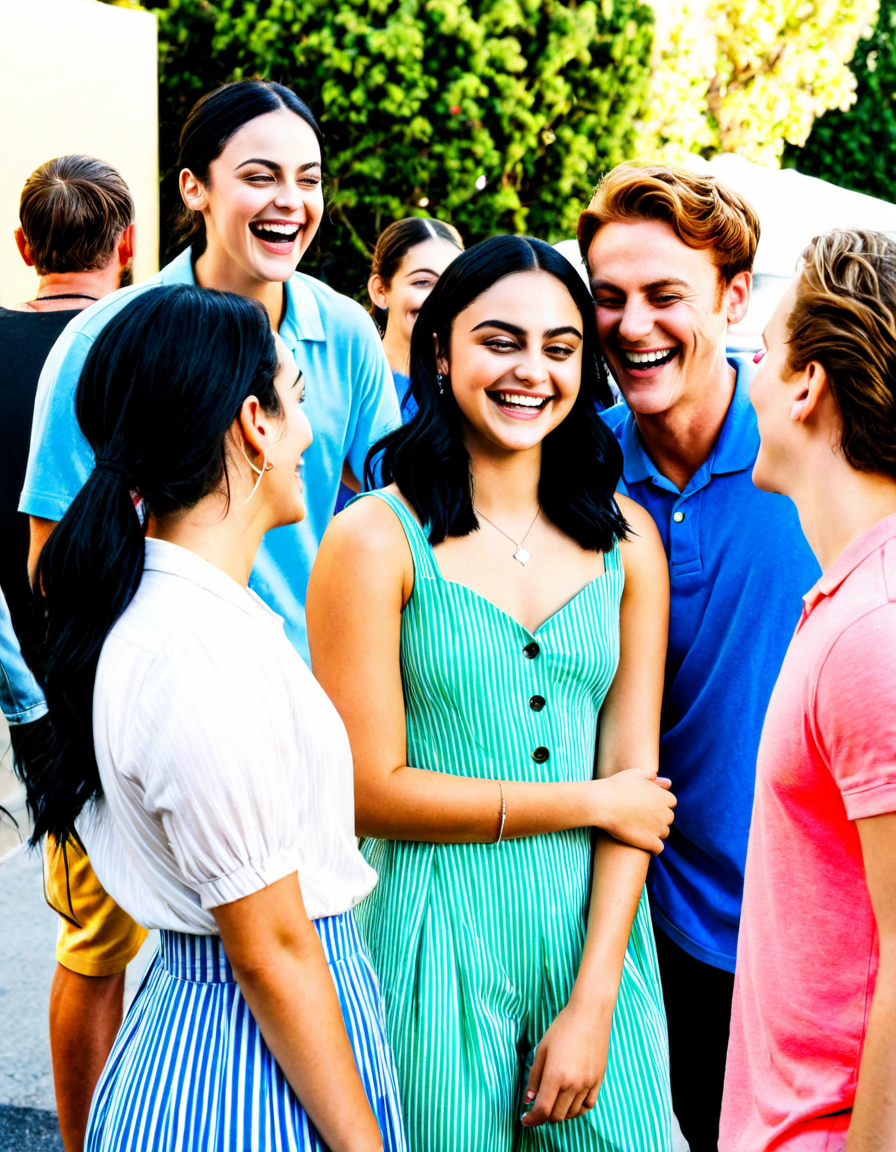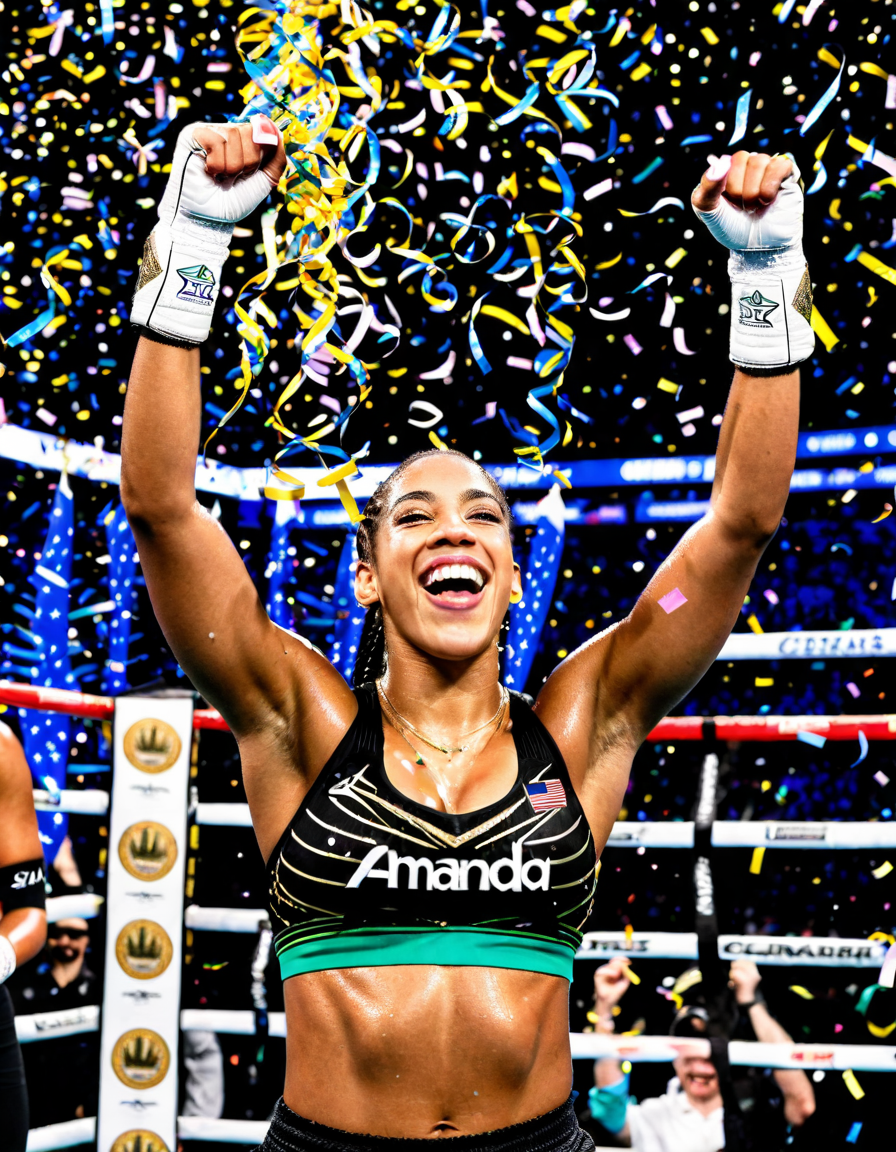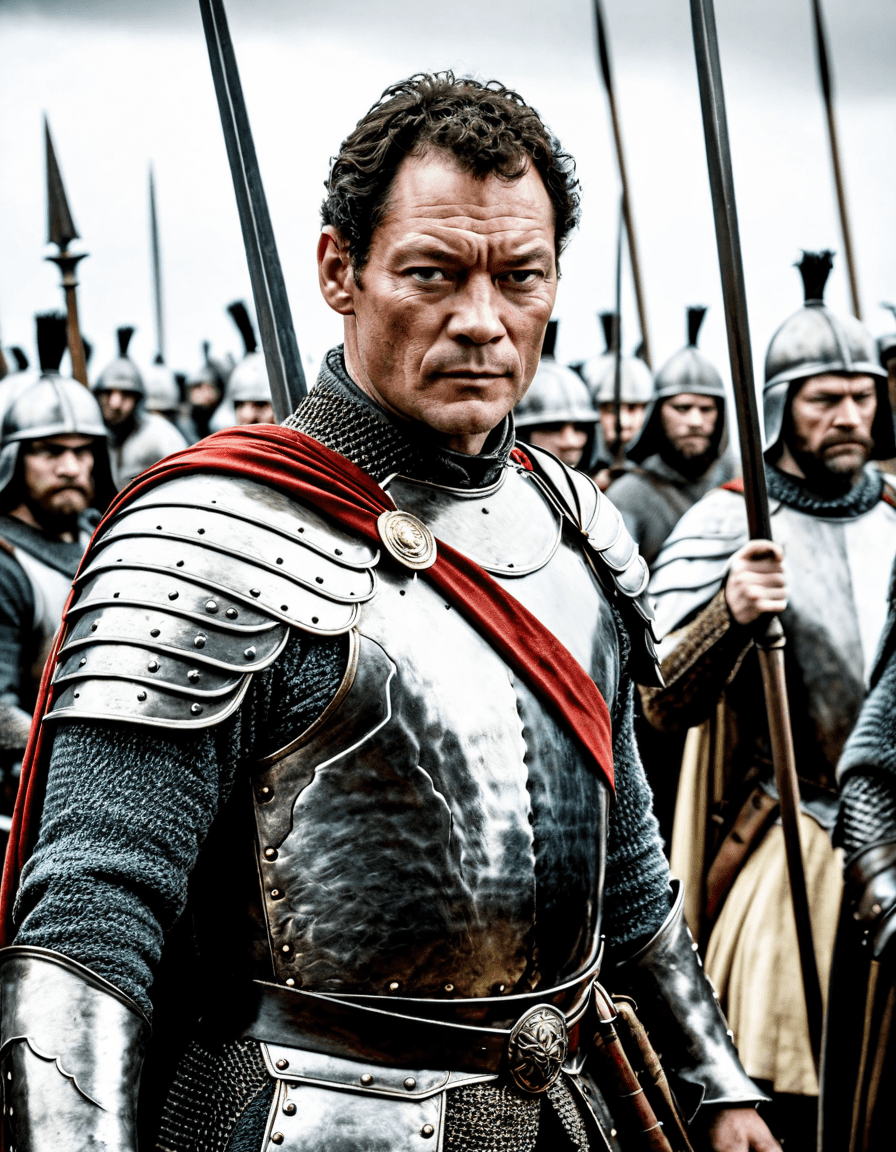In the thrilling landscape of courtroom dramas, few ideas weigh as heavily as “reasonable doubt.” This principle forms the backbone of the American legal system, shaping how juries interpret evidence and decide the fate of the accused. But what’s often misrepresented in film and television is the true essence of reasonable doubt. It’s a complex, nuanced concept that’s frequently oversimplified for dramatic purposes. Today, we’ll dive deep into the portrayal of reasonable doubt in various courtroom dramas, illustrating its importance, challenges, and overarching themes.
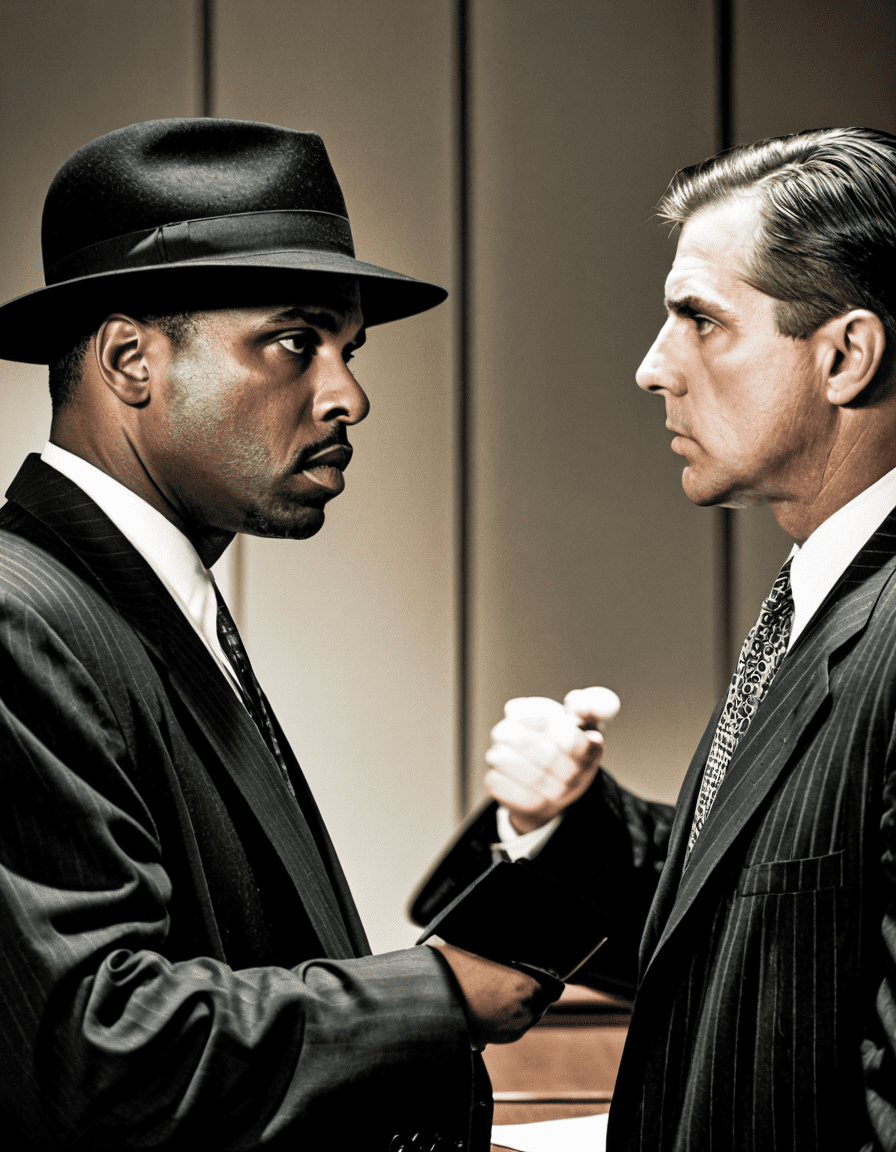
Top 7 Courtroom Dramas That Showcase Reasonable Doubt
1. 12 Angry Men (1957)
Sidney Lumet’s classic film is the gold standard when it comes to exploring reasonable doubt. In a tense setting, twelve jurors deliberate the fate of a young man accused of murder. Each juror brings personal biases to the table, highlighting how perceptions shape reasonable doubt. By the end, the film displays a profound realization: doubt can be a powerful force, leading to a discussion about justice and moral responsibility.
2. A Few Good Men (1992)
There’s a reason this movie is quoted so often! Colonel Jessup’s unforgettable line, “You can’t handle the truth!” strikes at the heart of the tension between fact and emotional burdens associated with reasonable doubt. Lt. Kaffee (played by Tom Cruise) unravels a moral quagmire. The film illustrates that facing uncomfortable truths is pivotal when dealing with reasonable doubt and the consequences of ignoring it. Anyone needing a legal wake-up call should definitely check it out.
3. The Fugitive (1993)
Harrison Ford stars as Dr. Richard Kimble, who not only fights to prove his innocence but also strategically sows reasonable doubt among those chasing him. The use of flashbacks to unveil critical truths keeps viewers engaged while demonstrating how doubt influences opinions, even outside the courtroom. It’s a classic man-on-the-run story that expertly handles the complexities of justice.
4. The Lincoln Lawyer (2011)
Follow Mickey Haller (Matthew McConaughey), a defense attorney who encounters a web of deceit, wealth, and moral dilemmas. His skill in cultivating reasonable doubt is tested as he navigates the murky waters surrounding his client’s guilt or innocence. This film does a fantastic job of revealing the ethical battles legal professionals face while questioning their clients’ integrity. It’s like an episode of Better Things but with a legal twist!
5. Primal Fear (1996)
In this riveting thriller, defense attorney Martin Vail (Richard Gere) must charm and manipulate to create reasonable doubt for a priest accused of murder. A shocking revelation serves as a reminder of how easily reasonable doubt can be twisted, forcing viewers to reconsider their stance on justice. If you’re looking for a dramatic and unexpected journey through the legal system, this film won’t disappoint.
6. To Kill a Mockingbird (1962)
This adaptation of Harper Lee’s classic brings to the forefront the societal aspects of reasonable doubt. Atticus Finch (Gregory Peck) defends a black man falsely accused of raping a white woman in a racially charged environment. The film compels viewers to confront their biases, illustrating how society’s prejudices hamper the justice process. It’s a poignant reminder of how reasonable doubt travels beyond the courtroom—impacting lives in profound ways.
7. The Good Wife (2009-2016)
Alicia Florrick (Julianna Margulies) dives into contemporary legal battles, consistently facing ethical dilemmas that test her moral compass. Each case challenges her to discern between personal beliefs and professional duties. This series reinforces that reasonable doubt isn’t just a courtroom term; it’s a recurring theme in the life of every attorney, urging them to wrestle with their conscience amid compelling evidence.
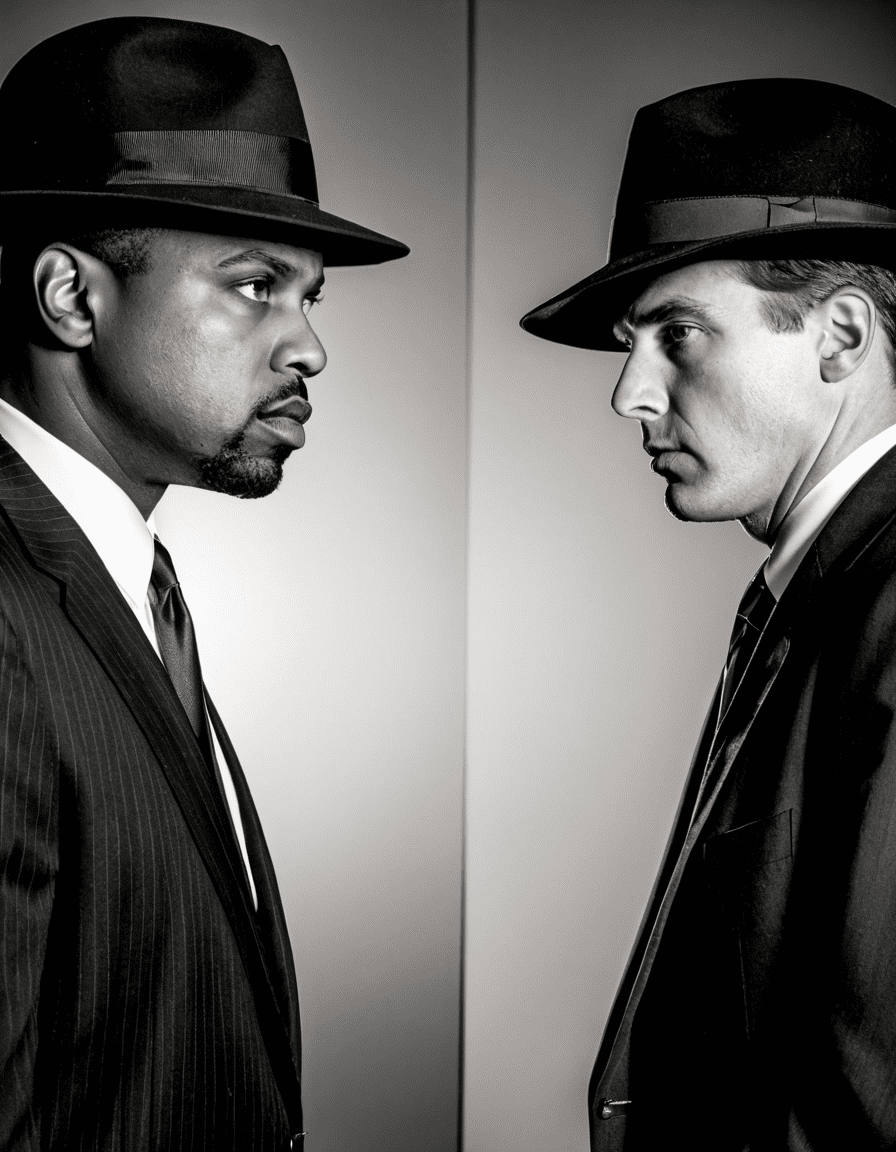
The Role of Reasonable Doubt in Modern Courtroom Narratives
The presentation of reasonable doubt in today’s courtroom dramas often reveals layers that legalese simply can’t capture. The characters involved frequently encounter dilemmas far beyond the law itself. These narratives reveal how reasonable doubt functions as a potent force that drives character development and story progression.
Social changes, like the fight for racial equality and criminal justice reform, further shape the portrayal of reasonable doubt. Nowadays, courtroom dramas exercise greater sensitivity towards the social implications of this legal principle, linking it to broader themes of ethics and prejudice. For example, what might seem like a straightforward case can often spiral into a larger commentary on society’s struggles with justice. It’s all interconnected, just like the latest showdown in the Packers vs. Broncos game!
A New Narrative Era for Reasonable Doubt
As technology and social media mold public perceptions about justice, courtroom dramas adapt to reflect societal complexities. Filmmakers are now tasked with ensuring their representations of reasonable doubt resonate with authenticity and ethical considerations. People are more informed and engaged than ever, compelling storytellers to weave in deeper reflections on justice, truth, and morality.
Today’s evolving dramas invite viewers to probe the narratives they consume—whether from their couches or in courtroom pews. The examination of reasonable doubt stimulates conversations about morality and conscience, transcending mere entertainment. Such stories resonate deeply, acting as a mirror for society’s conflicts and dilemmas. And let’s be honest, who doesn’t love to unpack difficult questions over popcorn on a Friday night?
Courtroom dramas are not just for the legal buffs among us—they serve as engaging platforms to explore the nuances of reasonable doubt. These stories entertain while provoking deeper reflections about justice and the human condition. So next time you settle in for a binge-watching session, keep an eye out for how these shows tackle the weighty concept of reasonable doubt. It’ll make for great conversation, and who knows, you might just impress your friends with your newfound insights! And if you’re looking for a light-hearted view into entertainment, don’t forget to check out icons like The for a whimsical break!
Reasonable Doubt Challenges in Courtroom Drama
Understanding Reasonable Doubt
When diving into courtroom dramas, the concept of reasonable doubt plays a pivotal role. It’s the cornerstone of our criminal justice system, dictating that a defendant must be proven guilty beyond a reasonable doubt before being convicted. This key principle ensures that innocent people aren’t wrongfully sentenced. Fun fact: the term “beyond a reasonable doubt” was officially adopted in the United States Supreme Court case Angelone v. Virginia, essentially honing the standard to prevent miscarriages of justice—kinda like how Jake From State farm saves the day with backup insurance knowledge!
The Drama in the Details
Let’s face it: courtroom movies can be gripping! A great film that dives headfirst into the gritty world of legal battles is Molly’s Game, which showcases the intricate balance of ethics and legality. In this captivating story, the tension hinges on the audience’s ability to weigh doubt just as a jury would. Speaking of tension, who can resist the charm of a classic like The ? While it isn’t courtroom-themed, it does exemplify the storytelling magic of exploring themes like choice and fate—essential elements that echo the deliberations happening in real-life trials.
Pop Culture’s Take on Doubt
The persistent struggle with reasonable doubt is also paralleled in lighthearted moments; take, for example, the light humor in the rivalry between the Packers and Broncos. Just like how fans argue about which team is better, jurors can debate whether the evidence presented truly clears—or raises—doubt. And in a world where we’re all trying to decipher facts from fiction, think about how comedians weave stories that dazzle yet often leave us ambivalent; it’s an art form similar to what legal eagles do in courtrooms. It’s got the nuance of Tortuga Dibujo—an intricate art that makes you pause and think, much like weighing the odds of a verdict.
In conclusion, traversing the challenges of reasonable doubt in courtroom dramas reveals much about our society’s values and perspectives. Whether you’re getting lost in the intricate dynamics of legal battles or simply enjoying pop culture references, the concept resonates across various narratives. So, the next time you watch a courtroom drama, remember: it’s not just about the verdict—it’s about the reasonable doubt that makes it all so riveting!
